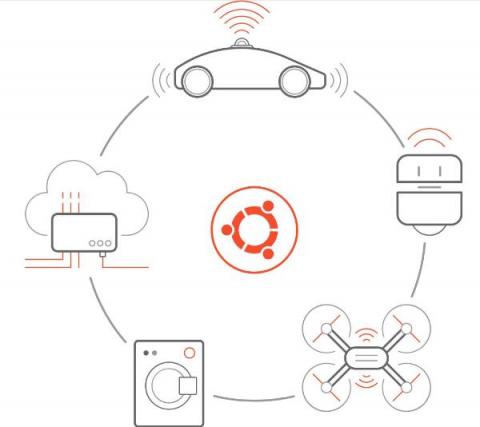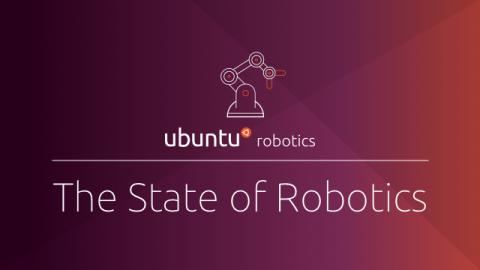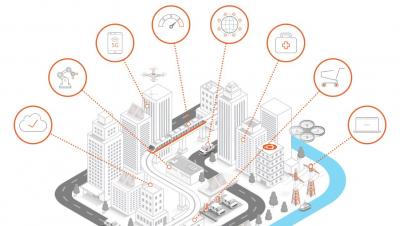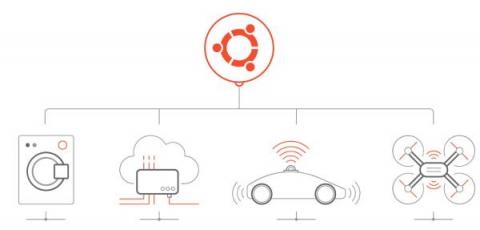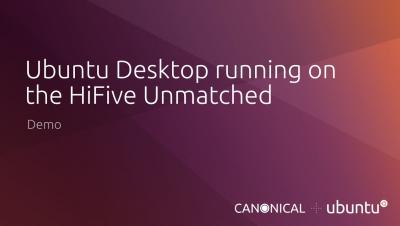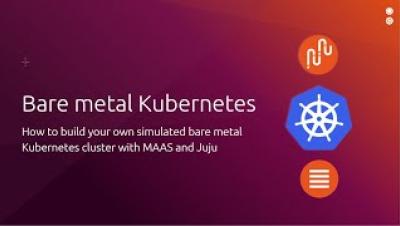Bare metal Kubernetes: The 6 things you wish you knew before 2022
2022 is right around the corner, and it’s not just time to prepare for christmas, play video games, buy presents, or share anti-christmas memes. It’s time to start making some predictions for bare metal Kubernetes! Take a minute and let’s think about it. Developers have advent of code so they’re busy right now. Sysadmins and devops can play games like predicting what’s going to happen next year for bare metal Kubernetes.



